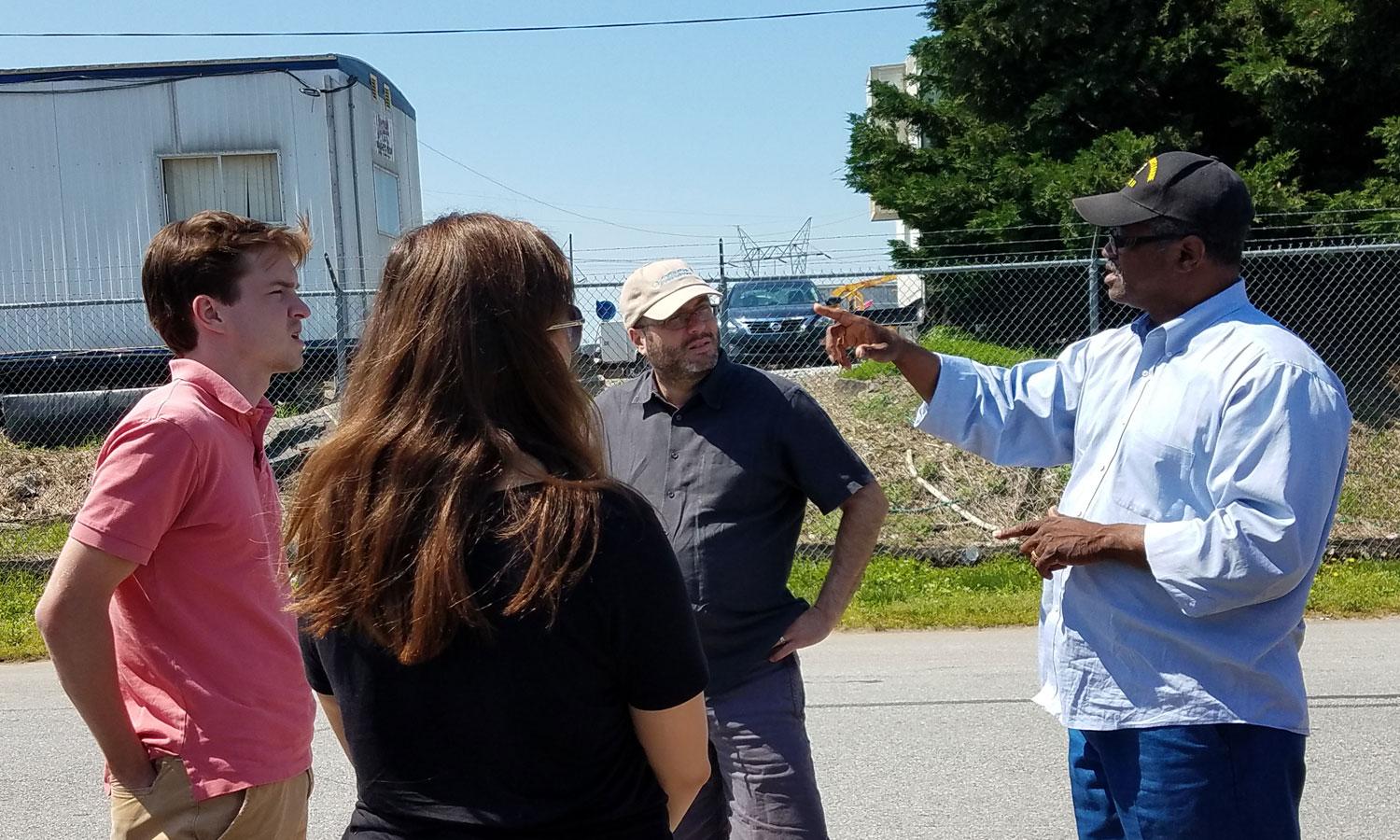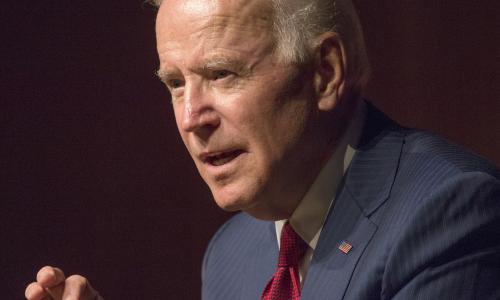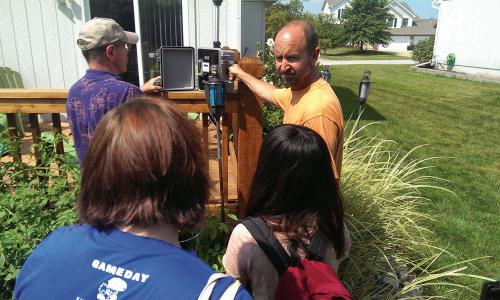Bringing science and scientists into partnership with communities working to achieve environmental health and safety for all.
Black, Indigenous, and People of Color (BIPOC), rural, and low-income communities are on the frontlines of our public health and safety and environmental crises, living among acute and often cumulative pollution and health hazards. This is the result of years of exclusionary practices in science, policymaking, housing, health care, and the economy. White supremacy, classism, sexism, and elitism in our institutions result in real, tangible inequities.
This injustice takes many forms— including redlining , voter disenfranchisement and gerrymandering, discrimination in public programs, disparate access to education, employment, and health care, and the way our scientific institutions define what is, and who has, valid scientific knowledge. All these burdens have combined to create the conditions we see today, where injustices accumulate upon the communities most excluded from the political process.
Achieving environmental justice is about both the process and the outcomes. The process must be accessible and inclusive of all voices. The outcomes must focus on prioritizing those most impacted until environment, safety, and health are evenly experienced across all sociodemographic identities.
Toward these ends, we work in solidarity and partnership with those on the frontlines. We bring our resources—public engagement, scientific and technical expertise, policy advocacy—to disrupt the status quo that excludes and burdens, and to advocate for comprehensive, systemic solutions that reflect the needs and priorities of affected communities.
What We're Doing
-
Rooting ourselves in principles of inclusion, respect, and justice, seeking guidance and leadership from impacted communities, and approaching our work together in solidarity and mutuality. Uplifting the voices, work, and solutions of the grassroots activists and their scientist partners.
-
Partnering with frontline grassroots community members and groups, and scientists they work with, to research and advocate for systemic changes to our democratic processes and public safeguards.
-
Building a scientific community—scientists, technical and public health experts, science advocates—that examine their power, privilege, and biases to break down the ways in which our institutions, practices, and policies have been exclusive and marginalizing, and transform into places, processes, and solutions that center, uplift, and support impacted communities.
-
Advocating at multiple levels of government for comprehensive solutions to environmental, health, and safety, and the systems and policies that disproportionately exclude and harm communities of color, low-income, Indigenous, and rural communities.





